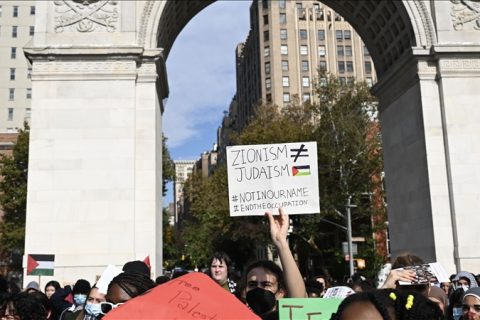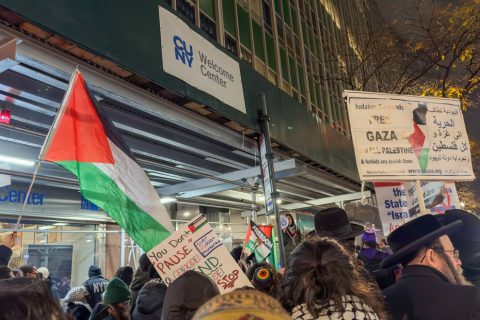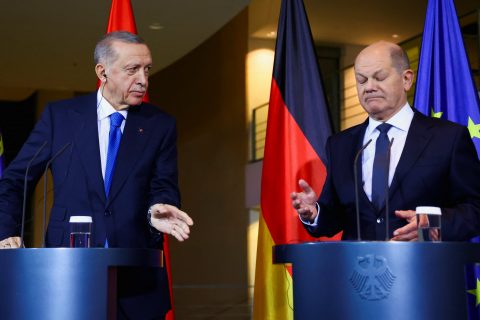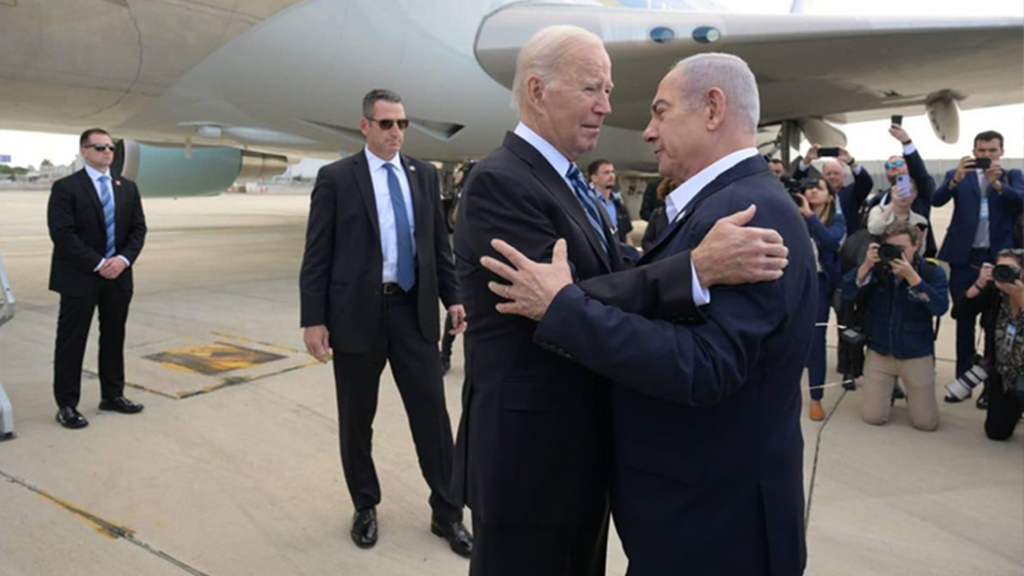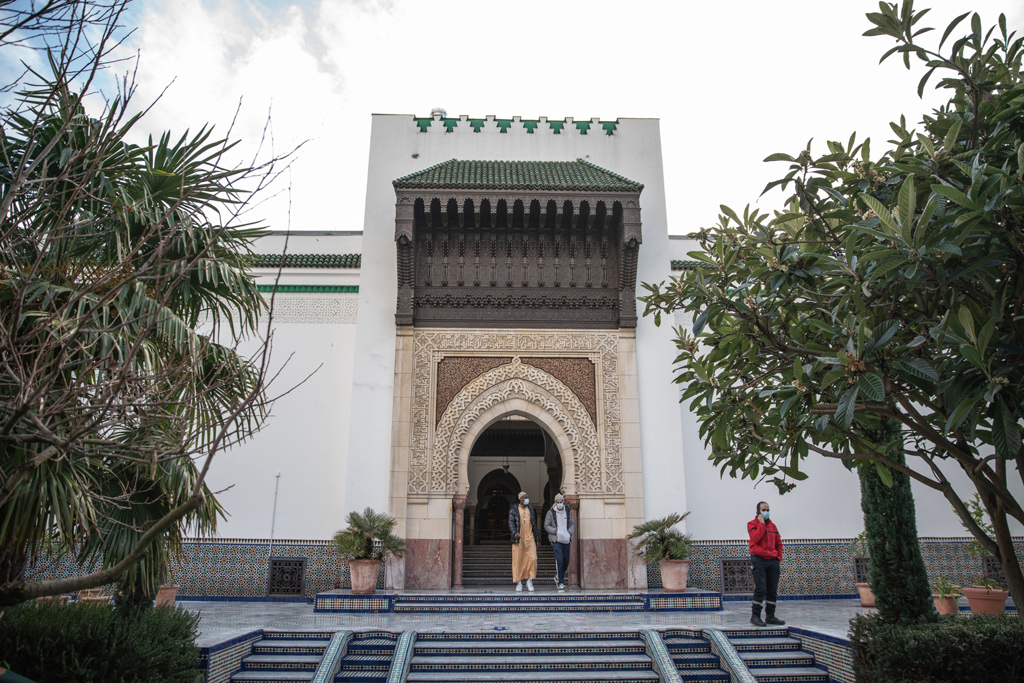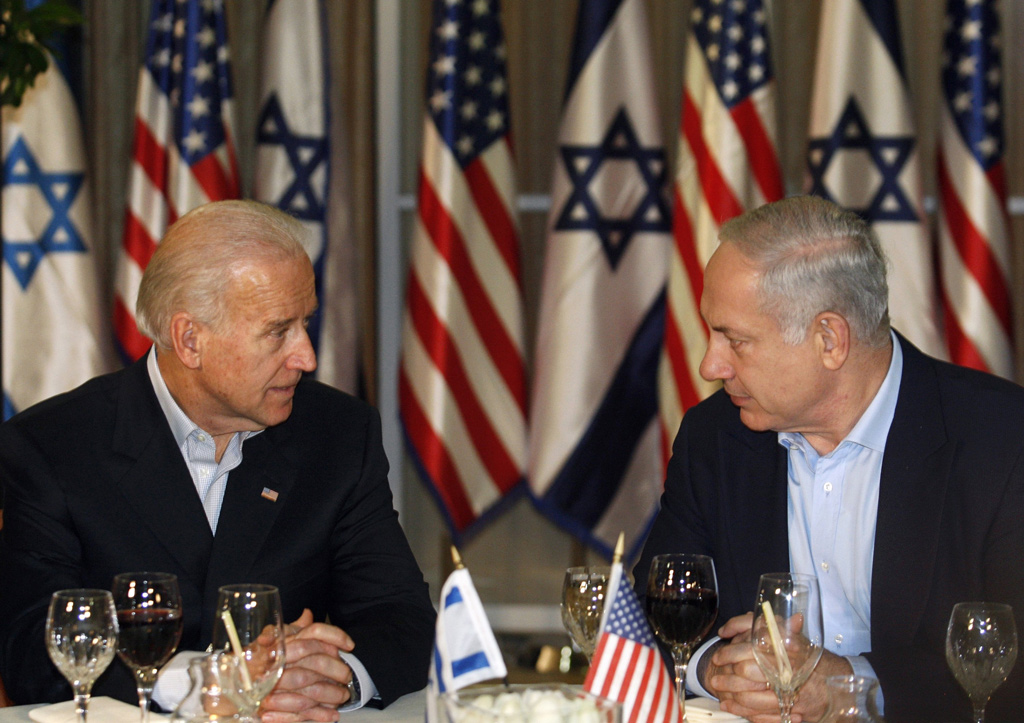Antisemitism
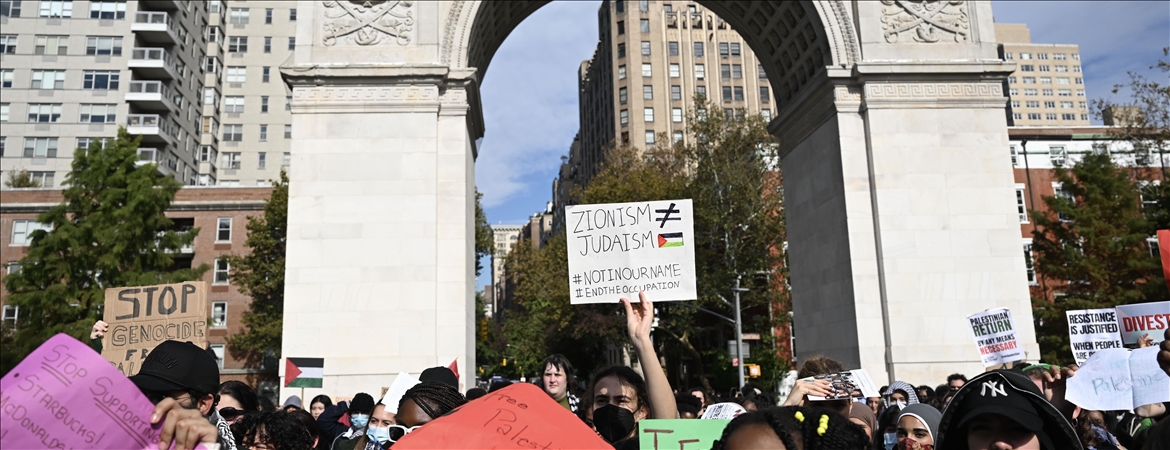
Freedom of speech and the antisemitism debate in American universities
| OpinionIn a recent congressional hearing at the House of Representatives, the presidents of three of …
-
Opinion
Freedom of speech and the antisemitism debate in American universities
By Kadir ÜstünWhile state universities in the American higher education system are obliged to adhere to constitutional provisions, private universities, like Harvard and MIT, aren't directly bound by the First Amendment, which safeguards freedom of speech. Private institutions can establish their rules and regulations, often attempting to extend freedom of expression in the name of academic freedom. However, they have, in the past, canceled programs and events deemed provocative or likely to incite disturbances, fostering a perception that such restrictions disproportionately favor conservative groups. Even on liberal campuses like Columbia, limitations and even bans on pro-Palestinian demonstrations have been observed.
-
Opinion
Gaza protests in the US and freedom of expression
By Kadir ÜstünProtest movements against Israel's operations in Gaza have sparked a reexamination of the limits of freedom of expression in the United States. Efforts by pro-Israel groups to equate criticism of Israel with anti-Semitism have become organized and systematic. The campaign, conducted through advertisements in media outlets and lobbying activities in Congress, aimed to convey the message that crowds taking to the streets to defend Palestinian civilians were contributing to the rise of anti-Semitism. However, censorship applied by some of the world's leading universities to groups supporting Palestine, the fear of being labeled as anti-Semitic, and threats to withdraw support from influential donors demonstrated how the boundaries of academic freedom could be defined. The experience of a prominent figure losing their job or being marginalized due to their pro-Palestinian stance also illustrates how organized political forces can effectively use the trauma of anti-Semitism as a weapon.
-
Opinion
Erdoğan’s warning against West’s ‘Crusader-Crescent’ rhetoric
By Burhanettin DuranNews outlets continue to cover President Recep Tayyip Erdoğan’s criticism of Israel and the West as his questioning of “hypocrisy” and “double standards” unsettles Israel’s most ardent supporters in politics and the media. That is because the Turkish leader’s remarks encapsulate the international community’s conscientious voice – which causes pro-Palestine protests to erupt across the West and the East.
Bu Konuda Daha Fazla
-
Western destructiveness and Türkiye’s constructive role
By Muhittin AtamanThe stakes in the Israeli atrocities against the Palestinians are quite high for Western countries, the United States in particular. Due to their unconditional support for the Israeli war crimes in Palestine, the U.S. and European partners cannot get support for their position in other international crises such as the Ukrainian-Russian War. It means that the Israeli-Palestinian question will serve as one of the most important turning points in the decay of the Western, i.e., American hegemony.
-
The US and Israel on Gaza: Biden and Netanyahu...
By Rod SuchIn the wake of the October 7 Hamas attack on Israel and the ongoing Israeli retaliation, is there anything different in the U.S. government’s response this time around?
-
Muslims’ freedom under great threat in France
By Hacı Mehmet BoyrazBased on the facts discussed so far, it is obvious that Macron, who was defeated against the central parties in the regional elections held in June, will be more Islamophobic in order to maintain his popularity in society and to gain votes from his opponents.
-
Who will stop Israel?
By Ali AslanWhile unclear how long ceasefire will last, only real solution -however long-term it may be- seems to be rise of a regional state capable of counterbalancing US and Israel
-
Netanyahu creating political quagmires for Biden
By Burhanettin DuranNetanyahu’s act of provocation did not just start a new war in Gaza. It established that the Biden administration’s lip service to human rights did not apply to the question of Jerusalem.
